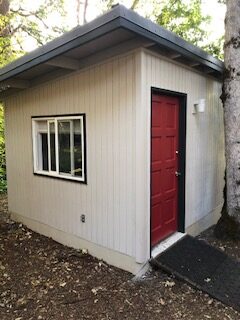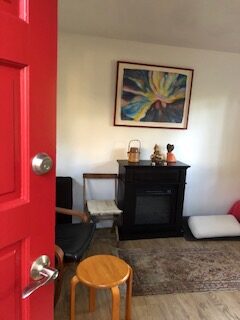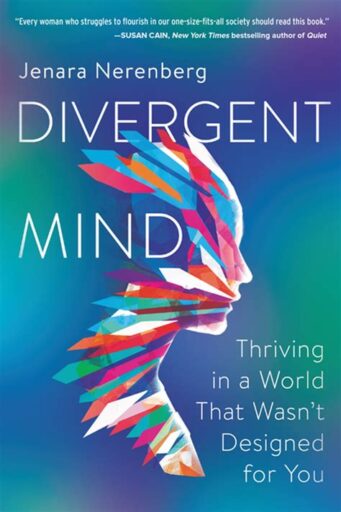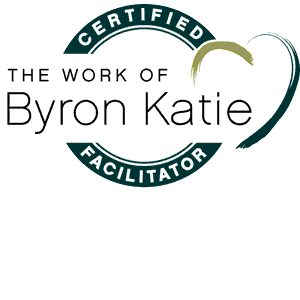Dear Friends,
As we enter a post-lockdown world, many folks are ready to make up for lost time in the social whirl. But if you’re finding it difficult to reconnect with the demands of the interactive human world, you’re not alone. Literally. A lack of personal space or forced togetherness has been tough on everyone, but the reality is that for some it has been harder than for others because (newsflash) we’re all different. Just as most humans crave connection, others long for a permeable membrane so that they won’t lose touch with that quiet inner voice they hear best in solitude. Hello Neurodiversity. If you’re in the last group, I suggest you read The Divergent Mind (see below) to help you understand you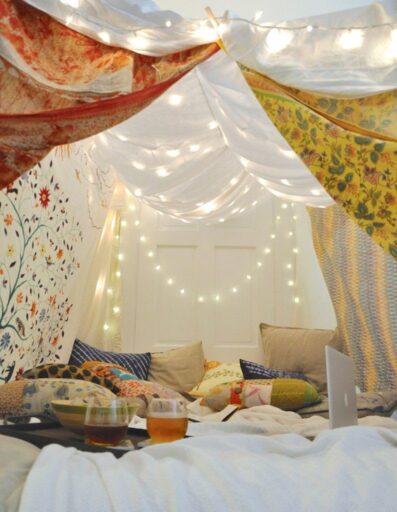 r introverted or sensitive self. Then start where you are. Claim a space (or a time) wherever you are to ground and center. Even a small corner of your apartment or bedroom works to start. Check out ideas and links here to create a “virtualMindSpa:” (with thanks to Oregon State University’s CAPS program). Later, as you move into new or bigger spaces, you may find the idea has expanded, as it did for me.
r introverted or sensitive self. Then start where you are. Claim a space (or a time) wherever you are to ground and center. Even a small corner of your apartment or bedroom works to start. Check out ideas and links here to create a “virtualMindSpa:” (with thanks to Oregon State University’s CAPS program). Later, as you move into new or bigger spaces, you may find the idea has expanded, as it did for me.
 r introverted or sensitive self. Then start where you are. Claim a space (or a time) wherever you are to ground and center. Even a small corner of your apartment or bedroom works to start. Check out ideas and links here to create a “virtualMindSpa:” (with thanks to Oregon State University’s CAPS program). Later, as you move into new or bigger spaces, you may find the idea has expanded, as it did for me.
r introverted or sensitive self. Then start where you are. Claim a space (or a time) wherever you are to ground and center. Even a small corner of your apartment or bedroom works to start. Check out ideas and links here to create a “virtualMindSpa:” (with thanks to Oregon State University’s CAPS program). Later, as you move into new or bigger spaces, you may find the idea has expanded, as it did for me.A Room of One’s Own. When I was a mother of young children with a marriage in tatters, the title of Virginia Woolf’s 1929 manifesto began to haunt me. My little corner of the bedroom no longer offered the precious personal space I needed. I claimed one of the tiny bedrooms in our ranch house as my own space, with an actual door. I remember painting it white against all advice. It looked more like a padded cell than a retreat space, which is just what I needed at the time. While the children grew, I began imagining a third life stage, when I’d vanish into a cave in India or commit to a simple life inside a Carmelite monastery cell. While other mothers fantasized about dealing blackjack in Vegas, I saw myself as an Anchorite, like those nuns in the middle ages who stayed in place, praying for divine wisdom, advising pilgrims who came to them with a word or a verse. I continued to long for solitude even as I was (mostly) enjoying a sweet life with family and community.
A Room of One’s Own. Twenty years later I headed over to a monastery to check it out. Eventually I trained as an ecumenical “spiritual director,” which involved little directing and a lot of listening. I claimed our little garden room as my Oasis, and I began to invite a few people, one at a time, to listen to the fountain and to smell the jasmine, to engage in inquiry and conversation. I created an online landing place. And presto. I was an anchorite without leaving home. This oasis is still the perfect setting for early morning meditation, but there’s enough clanging and banging in everyday life that my very distractible inner monkey has been having a field day. Listening to that still small voice took more and more uninterrupted time.
A Room of One’s Own. Then along came the many-tentacled pandemic. As we sheltered in place, the refrain returned, this time like a desperate shriek during the togetherness time of the lockdown. I was in luck. A couple of years ago, we cleared out our bike shed and turned it into a tiny “she shed’ where my nomadic daughter could land between musical tours. Covid brought her home and moved her into her own place of her own. And the space became vacant. You can see where this is going. I now have a separate space of my own, a place to retreat and write and listen to the precious uninterrupted voice of solitude. A Housie of My own.
In the middle of current real estate craziness, this may not be on your immediate horizon. But you can start where you are. A corner can become a room can become an oasis can become a housie.
It all starts with listening and tiny little steps.
Love from the Housie,
Susan Grace
A game changer. You may have missed the memo since this ground-breaking book was released on the exact day of the first lockdown in the spring of 2020. This well-researched book has given me a deeper understanding of my own nature and the ways of many of my clients. It’s also helpful in explaining to friends and family the neurological differences those of us who are highly sensitive or introverted often struggle to find the words to communicate for ourselves.
